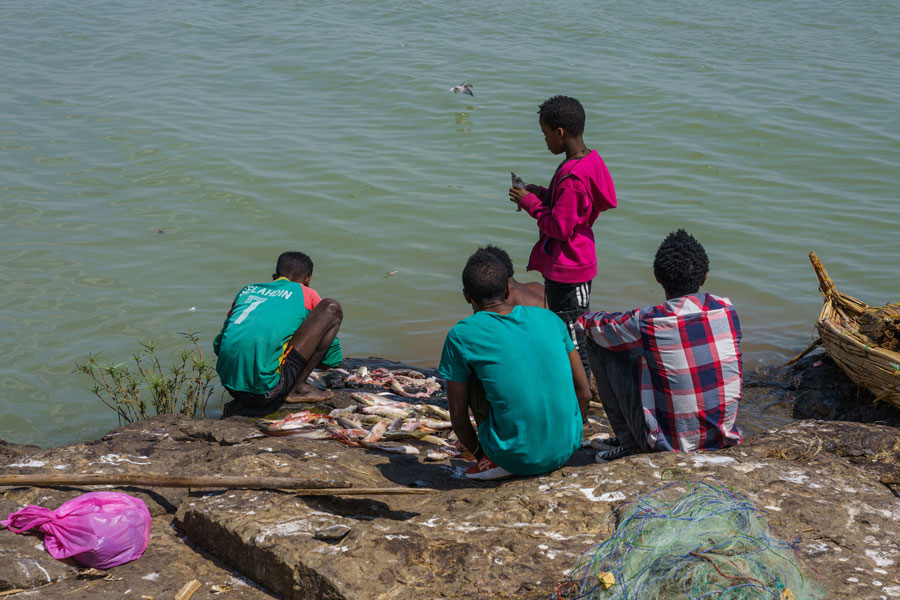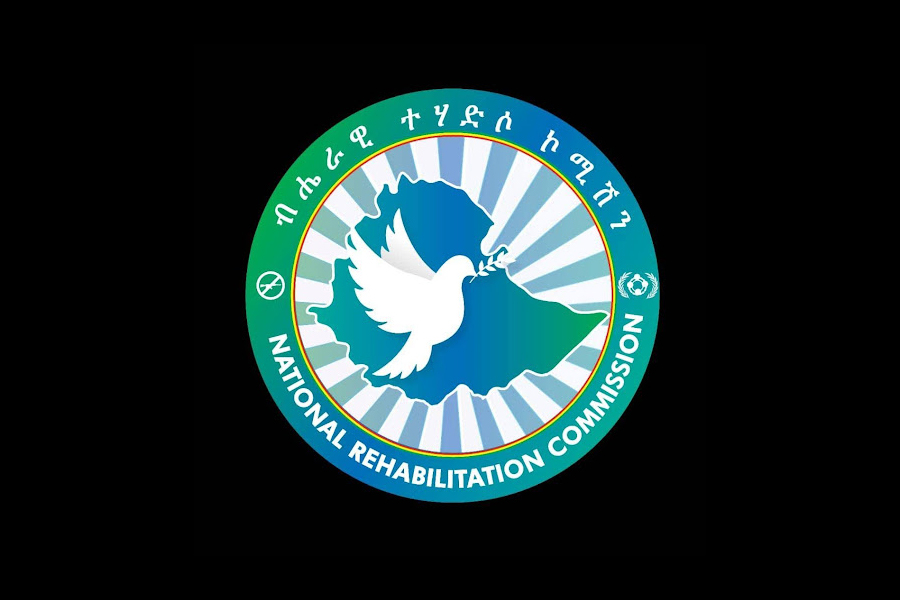
Radar | Sep 01,2024
Aug 18 , 2025

The federal government has announced a sweeping 160 billion Br salary increase for public sector workers, propelling the annual wage bill to an unprecedented 560 billion Br, nearly 29pc of the 1.92 trillion Br budget for the 2025/26 fiscal year.
The decision, marking the most substantial pay hike in decades, sets the tone for fiscal policy in a political delicate environment strained by inflation and competing budget priorities. The revised salary structure raises the minimum wage for civil servants to 6,000 Br a month, up from 4,760 Br, while the upper threshold climbs to 39,000 Br, almost double the previous 21,492 Br ceiling.
Federal authorities framed the wage increase as a corrective measure to alleviate the growing cost-of-living burden on the 2.4 million civil servants, particularly teachers and healthcare professionals who have long protested stagnant pay and deteriorating purchasing power.
But the gesture comes at a steep macroeconomic cost.
The new wage structure reshapes the federal spending balance. Salary now surpasses all budgetary categories except debt service, which claims 463 billion Br, nearly a quarter of total expenditure. Capital investment, once central to the developmental state model, is allotted only 22pc of the budget, the lowest ratio in over a decade.
The historic tilt toward recurrent expenditures signals a potential structural shift in fiscal priorities, raising concerns among development economists and multilateral partners over the sustainability of Ethiopia’s growth model. Analysts fear that squeezing capital outlays to accommodate salary hikes could jeopardize key infrastructure and social sector investments that underpin future economic expansion. Economists warn that this drift toward consumption-based spending may undermine long-term productivity and infrastructure gains.
While the pay raise may ease civil service discontent in the short run, it coincides with persistent inflationary pressures. Average inflation reached nearly 20pc year-on-year in 2024/25. It is projected to ease to 11.9pc in 2025/26, yet civil service households are likely to remain vulnerable as price dynamics outpace wage growth in real terms.
The federal government projects a 417 billion Br budget deficit (2.2pc of GDP), a modest figure in global comparison, but one tethered to optimistic revenue assumptions. Tax revenues are expected to grow by 60pc, pushed by new levies on value-added tax (VAT), fuel, and property. Should these measures underperform, authorities may be compelled to ramp up domestic borrowing through Treasury bills with interest rates reaching between 18pc and 20pc, which could crowd out private credit and further tighten liquidity in the banking industry.
The IMF has urged policymakers to pursue fiscal consolidation and prudent monetary policy under the ongoing program negotiations. However, the government’s decision to hike public sector wages, despite repeated assurances to restrain recurrent spending, exposes the tension between economic orthodoxy and political exigency. With salaries and debt repayments consuming nearly half the federal budget, the space for maneuvering reforms in other areas is narrowing.
Such measures could also complicate negotiations with creditors, including holders of Ethiopia’s Eurobond and development partners watching closely for signs of commitment to macroeconomic stabilization.
The pay raise carries political symbolism. It may be read as an attempt by Prime Minister Abiy Ahmed’s (PhD) administration to re-anchor the social contract with a discontented public workforce. Yet, it also risks triggering a domino effect across state-owned enterprises and regional governments, where pressure to match federal adjustments may strain already fragile budgets.

Radar | Sep 01,2024

Commentaries | Apr 10,2023

Radar | Jul 17,2022

Fortune News | Sep 21,2025

Radar | Nov 09,2024

Fortune News | Aug 17,2025

Fortune News | Dec 02,2023

Radar | Jul 13,2025

Radar | Sep 14,2024

Radar | Jul 25,2020

Photo Gallery | 172637 Views | May 06,2019

Photo Gallery | 162865 Views | Apr 26,2019

Photo Gallery | 152689 Views | Oct 06,2021

My Opinion | 136381 Views | Aug 14,2021





Oct 4 , 2025
Eyob Tekalegn (PhD) had been in the Governor's chair for only weeks when, on Septembe...

Sep 27 , 2025
Four years into an experiment with “shock therapy” in education, the national moo...

Sep 20 , 2025
Getachew Reda's return to the national stage was always going to stir attention. Once...

Sep 13 , 2025
At its launch in Nairobi two years ago, the Africa Climate Summit was billed as the f...